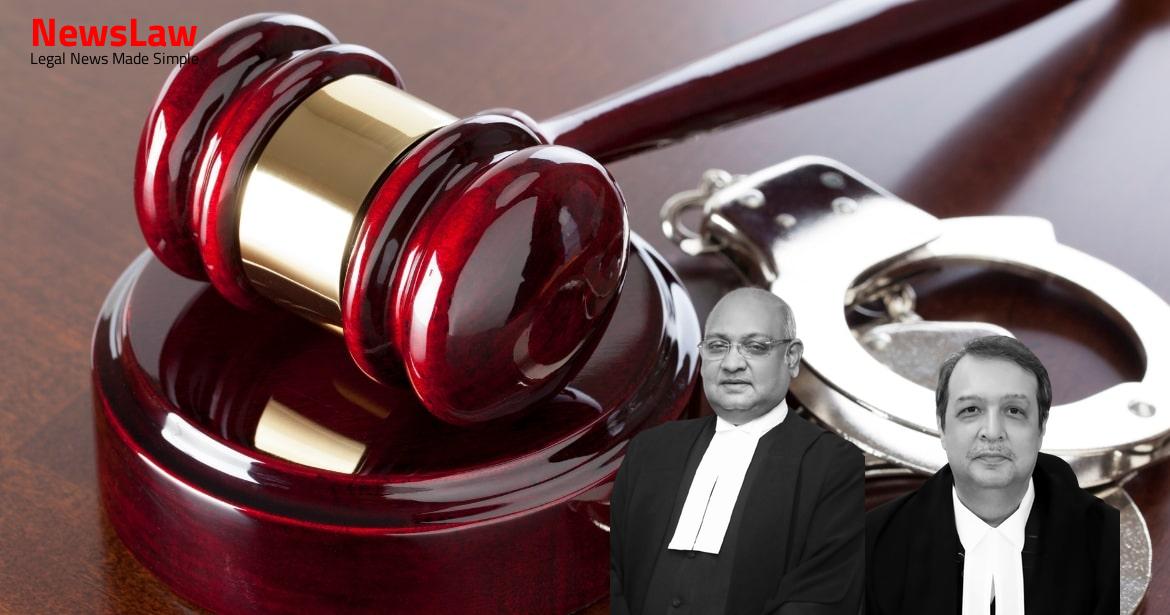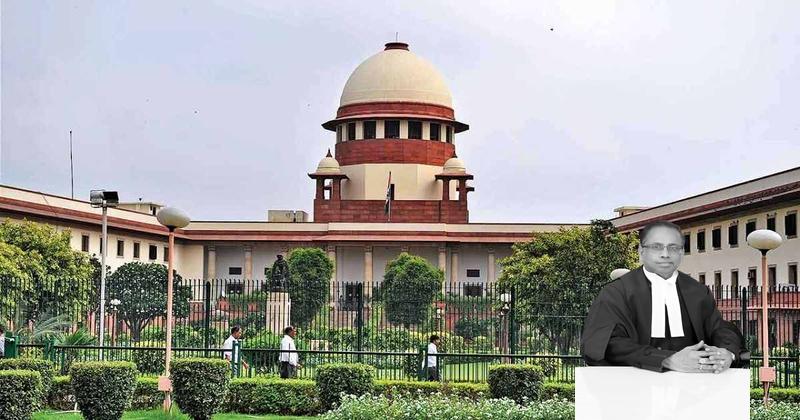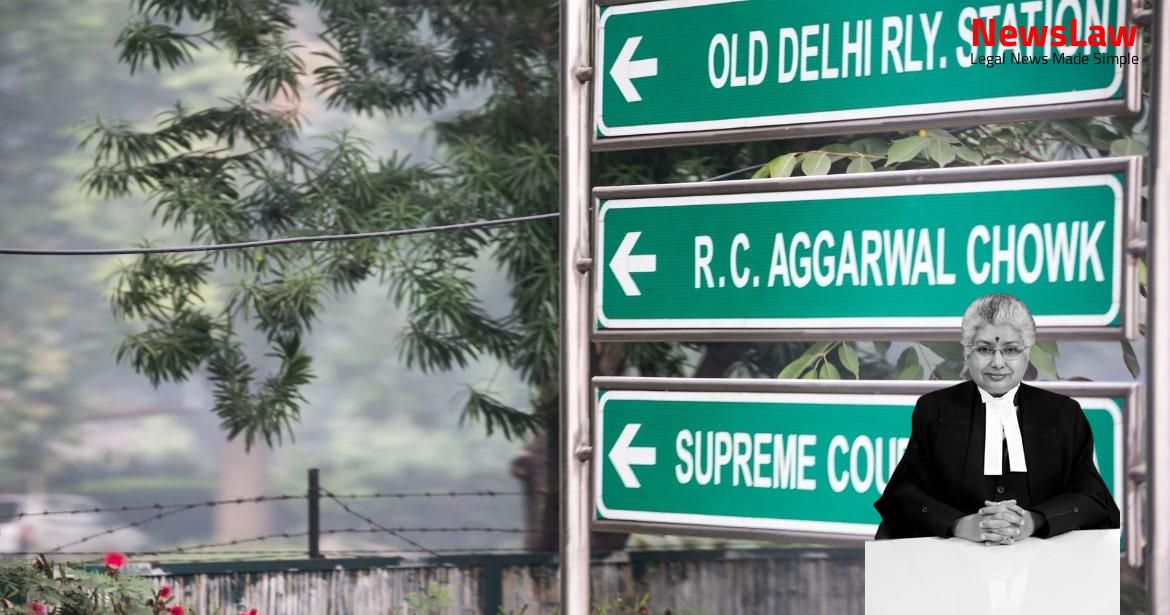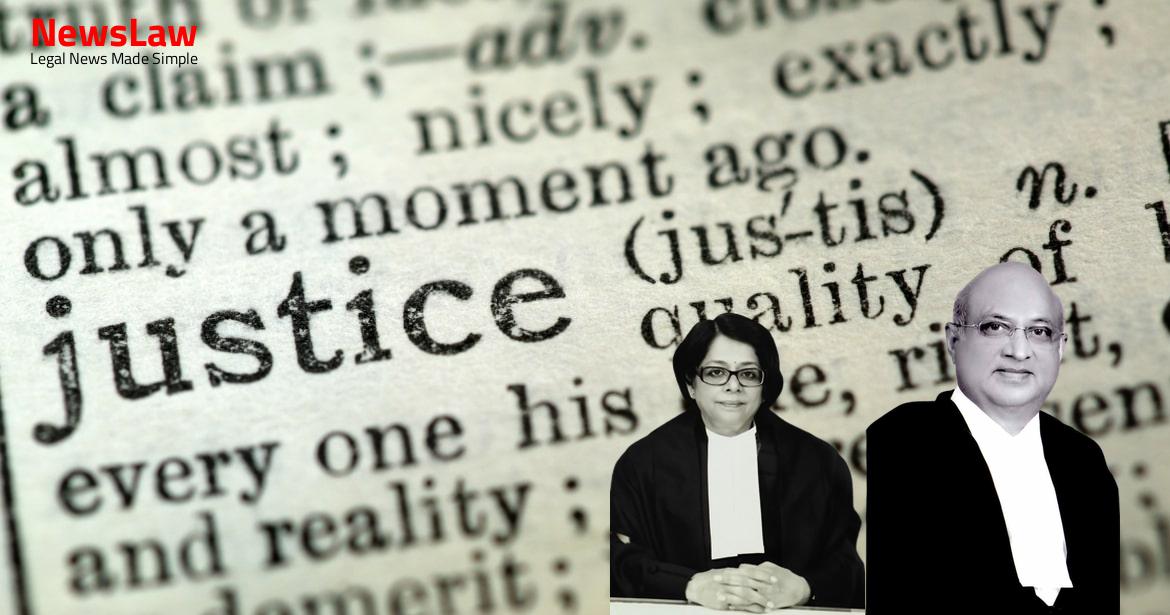The legal analysis in a recent court judgment sheds light on the fundamental reforms needed to revitalize co-operative institutions. It emphasizes the significance of ensuring the contribution of co-operatives to economic development while serving the interests of members and the public. The court discussion touches upon democratic functioning, autonomy, and the challenges faced by co-operative societies, urging for education and training within these setups. Stay tuned to understand the legal nuances behind co-operative society development!
Facts
- The Appellant Society, registered under the West Bengal Co-operative Societies Act, 1940, filed an appeal against the judgment and order passed by the High Court at Calcutta
- The dispute revolves around the development of the administrative building of the society through a joint venture with Hi-Rise
- Multiple dispute cases were filed by the Respondent No. 1 and Hi-Rise challenging various resolutions and decisions of the Appellant Society
- The Appellant Society complied with the Arbitrator’s award to terminate the contractual obligations with Hi-Rise and refund the security deposit
- Subsequent disputes and litigation led to the Board being empowered to resolve the conflict with Hi-Rise and develop the administrative building based on revised terms
- The Registrar of the Co-operative Societies did not object to the resolution terminating the membership of Respondent No. 1 within the specified time frame
- Respondent No. 1 created hindrances in the project development process of the Appellant Society
- The administrative building, almost 100 years old, was in a dilapidated condition and required urgent repairs or reconstruction
- Tenders were invited for the development of the administrative building through a joint venture with a developer
- Multiple legal actions, including appeals and civil revisions, were undertaken by the parties involved
- Respondent No 1 instituted Arbitration Execution Case No 19 of 2009 before the Civil Judge, Alipore Court.
- The case sought execution of the Award dated 21.12.2004 passed in the DC No 47/RCS of 2002-03.
- On 17.04.2014, the Civil Judge declared the Execution Case to be maintainable.
Also Read: Balancing Power and Transparency: Electoral Bonds Struck Down, Disclosure Mandated
Issue
- The only question for consideration is whether the High Court erred in its judgment and order
Also Read: Recall of Resolution Plan Approval: Legal Analysis
Arguments
- The learned counsel argued that the final authority of a co-operative society is its General Body of Members or elected representatives.
- The High Court allegedly failed to consider the pragmatic approach a society can take in dealing with developers for the benefit of its members.
- It was contended that the resolution dated 15.01.2006 was not transparent as suggested by the High Court.
- The learned counsel strongly believed the High Court made a serious error in its judgment.
- The counsel prayed for setting aside the High Court’s order, allowing the Appellant Society to proceed with the development according to plans and regulations.
- It was argued that the High Court failed to distinguish between Annual General Meetings and Special General Meetings.
- The dismissal of the order by the Joint Registrar dated 16.06.2011 permitting demolition/construction was criticized by the counsel.
- The counsel emphasized the unchallenged resolution of 27.05.2007 and the permission granted by the Joint Registrar on 16.06.2011.
- Reference was made to Section 28 of the Act 2006 in support of the Society’s position.
- The Respondent No. 1 was accused of obstructing the Society’s development efforts for two decades, going against the cooperative spirit.
- It was argued that the Respondent No. 1’s actions exemplified the ‘Dog in the Manger’ mentality in hindering the Society’s progress.
- Respondent No. 1’s counsel prayed for dismissal of the appeal due to lack of merit
- First component of the arbitral award remains significant even after the second component is fulfilled
- Petitioners violated both components of the award by attempting to cancel and renew an agreement with M/s Hi-Rise
- Continuation of the previous joint venture was evident in project submission to the Registrar, Co-operative Societies
- Petitioners claimed compliance with the award through an Annual General Meeting report
- Respondent No. 1’s counsel strongly opposed the appeal, stating no errors were made by the High Court in its order under Article 227
Analysis
- The analysis section of the judgment emphasizes the need for fundamental reforms to revitalize co-operative institutions.
- It mentions the importance of ensuring the contribution of co-operatives to the economic development of the country and serving the interests of members and the public.
- The section highlights the principles of co-operation where members join for the economic interest based on equality and the significance of democratic functioning.
- It discusses the need for autonomous organizational setups, democratic functioning, and professional management within co-operatives.
- The analysis also touches upon the constitutional amendments aimed at ensuring autonomy, democratic functioning, and professional management of co-operative societies.
- It addresses the challenges faced by co-operative societies such as postponed elections and prolonged administration by nominated office bearers.
- The importance of education, training, and information provision within co-operatives for effective development is also discussed.
- The analysis concludes by emphasizing the spirit of co-operative movements being missed in commercial endeavors solely focused on profit.
- Board of Directors authorized to take necessary actions for further development/utilization of premises for the society’s best interest
- Refund of security deposit to company after necessary deductions
- Supersession of all earlier resolutions regarding Administrative Building
- Final authority of Co-operative society vests in general body of members or representatives
- Rules for Special General Meeting as per Section 31
- Once a person becomes a member of a Co-operative Society, he loses his individuality with the Society and has no independent rights except those given by statute and bye-laws.
- Members must contribute equitably to and democratically control the capital of their cooperative.
- Co-operatives are autonomous associations of persons united voluntarily to meet common economic, social, and cultural needs through jointly-owned and democratically-controlled enterprises.
- Interpretation of statutes is a craft as much as a science, and judges select and apply appropriate rules as tools of their trade.
- Primary cooperatives have equal voting rights (one member, one vote).
- The duty of the courts is to ascertain and give effect to the will of Parliament as expressed in enactments.
- Members of a Society have no independent rights, and the Society is entitled to represent as the corporate aggregate.
- Co-operative principles include voluntary and open membership, democratic member control, autonomous self-help organizations, and economic participation.
- The courts have some legislative power to further the object of legislation and promote the goals of society.
- The theory of cooperation emphasizes moral development and support through association.
- Courts must read the constitutional spirit and concept into Acts when necessary.
- The impugned judgment and order passed by the High Court is not sustainable in law and deserves to be set aside.
- Initially inclined to allow the appeal by imposing exemplary costs on Respondent No 1 for frivolous litigation.
- Refraint from passing order of costs in hope that Respondent No 1 realizes the benefit of the society’s development.
- Emphasize that individual members will not directly benefit from the redevelopment, but the society as a whole will.
Decision
- The impugned judgment and order passed by the High Court is set aside.
- The Appellant Society can proceed with its redevelopment project as per General Body resolutions.
- First priority is to demolish the dilapidated building.
- No costs are imposed.
- Pending applications are disposed of accordingly.
- The appeal is allowed.
- The contract with M/s Hi-Rise Apartment Markers Pvt. Ltd. is revoked and cancelled.
Case Title: THE BENGAL SECRETARIAT COOPERATIVE LAND MORTGAGE BANK AND HOUSING SOCIETY LTD. Vs. SRI ALOKE KUMAR (2022 INSC 1084)
Case Number: C.A. No.-007261-007261 / 2022



